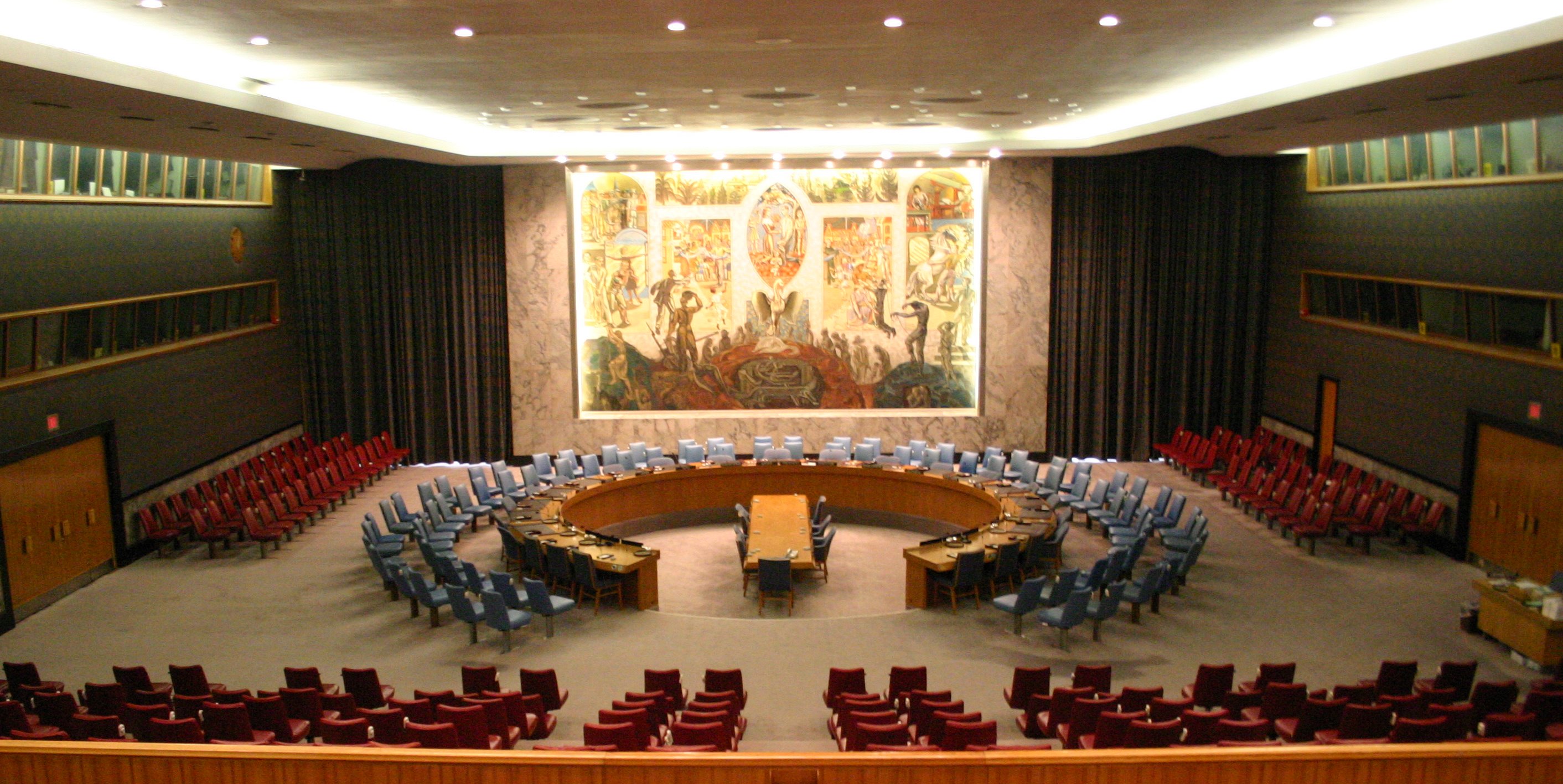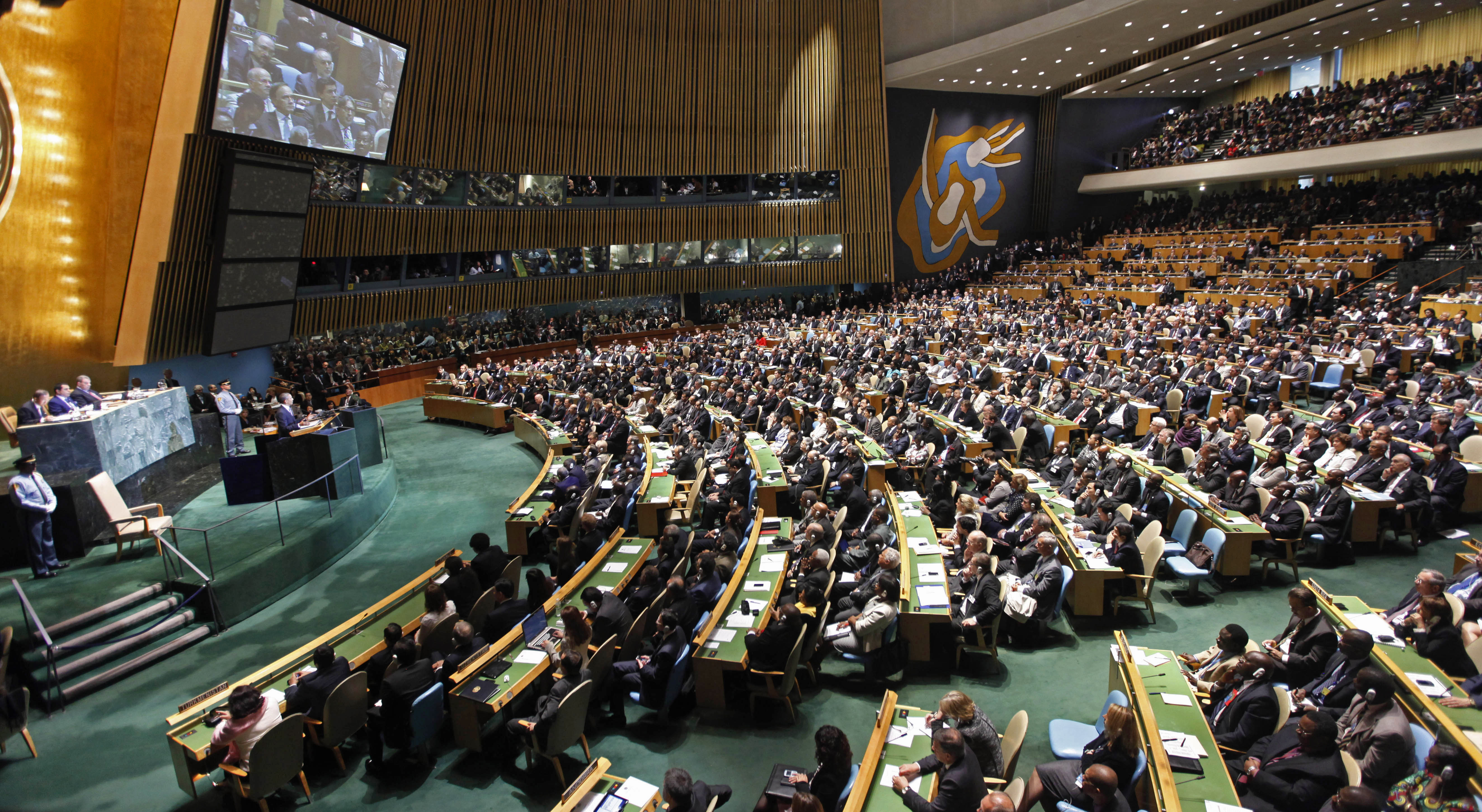Dollar strengthens in the aftermath of the United States presidential election
OPEC agrees to first production cut since the global financial crisis
India announces demonetization policy
SDG #8: Decent work and economic growth

From 30 November to 1 December 2016 the Secretariat of the Committee for Development Policy (CDP) is organizing an expert group meeting (EGM) in Geneva to discuss lessons learned by selected least developed countries (LDCs) and developing countries i

On 2 December 2016 the Secretariat of the Committee for Development Policy (CDP) is organizing an expert group consultation in Geneva to explain the concept behind the LDC graduation toolkit; solicit feedback and establish possible partnerships.

Surge in global bond issuance may pose a risk to the global economy
Saudi Arabia raises $17.5 billion in record sovereign bond sale by an emerging economy
Egypt devalues pound to alleviate persistent foreign currency shortages

The ePing system, an SPS and TBT notification alert system developed by UN DESA in cooperation with the WTO and ITC, is officially launched on 8 November 2016 at the WTO, by UN Assistant Secretary-General for Economic Development in UN DESA Lenni Montiel, WTO Deputy Director General Karl Brauner and the Executive Director of ITC Arancha Gonz?lez.

From 24 to 27 October 2016, an UN expert team, comprising of the CDP, UNDP, UNCTAD and OHRLLS, conducted a joint mission in Luanda, Angola, to provide support to the Government of Angola on the graduation from the LDC category. The UN team held consu

Government policymakers from 16 least developed countries (LDCs) and one graduate, Samoa, will gather in Beijing, China, from 10 to 12 November 2016 to discuss strategies needed to successfully graduate from LDC status and to achieve the Sustainable

The paper looks into the origins of Aid for Trade (AfT) and its objective of assisting developing countries to increase exports of goods and services and integrate into the multilateral trading system. Pointing out that AfT is not a new development fund nor a new aid category, the paper looks into the flows and impact of ODA resources allocated to AfT while focusing on LDCs as well as the effectiveness of AfT. Among the recommendations, the paper argues that most Aid for Trade is allocated to middle income countries and that a shift in this allocation pattern is needed to give more attention to LDCs, particular those that are not well integrated into the global market.

On the 13th and 14th of October 2016, the Development Strategy and Policy Analysis (DSP) Unit will hold the First E
 Welcome to the United Nations
Welcome to the United Nations